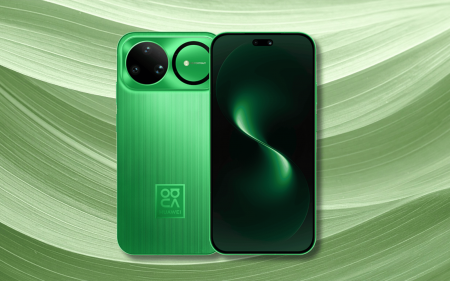Meta, the company that owns Facebook (nothing’s changed but the name, guys), has announced that it is ending its Facial Recognition program on the social network.
The previously opt-in program will conclude, meaning those users who were participating will no longer automatically be recognised by Facebook. According to the company, more than a billion individual facial recognition templates are set to be deleted. Automatic Alt Text (AAT), a feature that automatically adds descriptions for the visually impaired, will also no longer identify opted-in users by name.
Why now, Facebook?
It’s important to note that the social network isn’t abandoning facial recognition at all — it’s just being phased out of Meta’s flagship offering. Jerome Pesenti, vice president of Artificial Intelligence for Meta, wrote, “Looking ahead, we still see facial recognition technology as a powerful tool, for example, for people needing to verify their identity, or to prevent fraud and impersonation.”
“We believe facial recognition can help for products like these with privacy, transparency and control in place, so you decide if and how your face is used. We will continue working on these technologies and engaging outside experts.”
But Meta does express concern over regulators taking aim at facial recognition. Though there’s currently no “…clear set of rules governing its use”, the company’s getting rid of it anyway. Part of this is because there’s not much Meta and Facebook won’t do to avoid regulatory attention — several large-scale events in recent weeks have painted a target on their backs.
Affordability assessment
The other reason Facebook can afford to chuck its Facial Recognition program is that it doesn’t need it anymore. The company itself points out that facial recognition is only really safely employed as an on-device authentication method — and the major devices the company makes tend to obscure faces. Face unlocking of smartphones is a relatively benign use for the tech, but any time face data is collected in large databases, that information becomes dangerous.
It’s also important to take note of what information Facebook is getting rid of. It’s only deleting individual user templates used for recognition, which is admirable in itself. But it’s not about to get rid of any of the other models those templates were used to train and develop — Meta will likely argue that those developments are anonymised and keeping them poses no threat to anyone.
Basically, the social network is getting rid of a system that it doesn’t have to (yet) in an attempt to pre-empt future regulatory moves against the company. It’ll delete personalised data but it’s hanging on to whatever it has developed using that data, and it intends to continue using it for future developments. The move feels performative as a result, a public discarding of something the company was handling well enough in a bid to score points it can offset against other poor behaviour.




